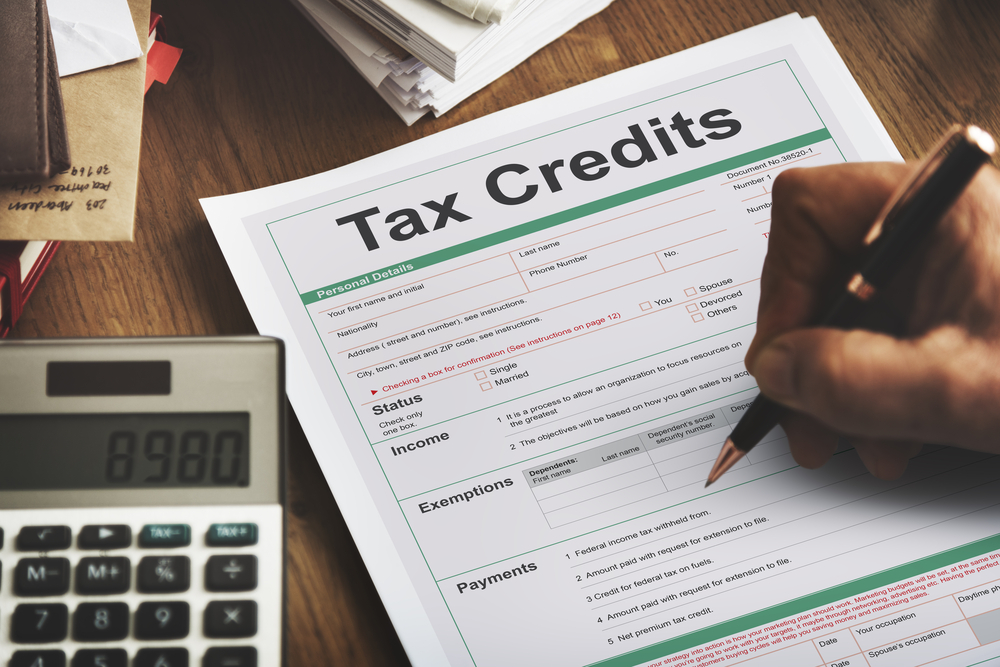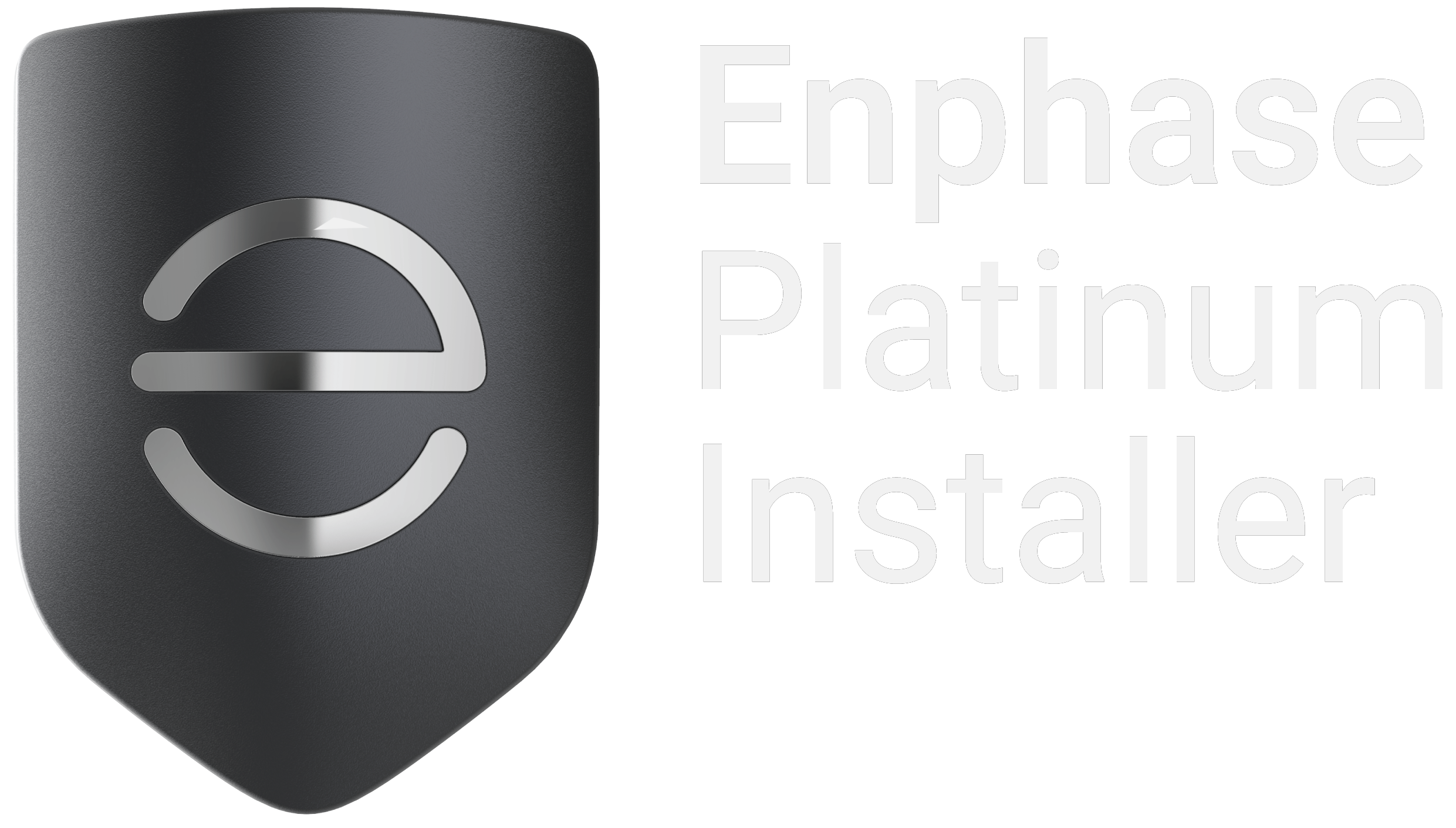
The following questions are the ones we hear most often from homeowners who are considering solar. Keep in mind that we are not tax experts and cannot give tax advice.
The answers below are correct to the best of our knowledge, but your best bet is always to contact an expert to be sure of the answers to your questions before proceeding.
Is there an income limit for the solar tax credit?
There is no maximum income limit to be eligible for the ITC, but you must make enough income to owe taxes during the year. In order to claim the entire amount of the credit, your tax liability has to be equal to the amount of your credit, after all other credits have been calculated.
Can you claim the federal solar tax credit more than once?
Yes. If you’d like to add solar panels to an existing installation or add a new installation to a home that already has solar panels, you can claim a tax credit based on the additional cost. Talk with a tax expert about the details, like whether you can claim the cost of replacing your original solar inverter with one that can handle the additional panels.
Can someone else claim your solar tax credit if you can’t?
In order to claim the credit, you must own the home where the panels are installed. If you jointly own a home with another person and they have income while you don’t, they can claim the full amount of the tax credit if they paid for the solar panels.
Can two owners of a home each claim a portion of the tax credit?
Yes. If you jointly own a home with someone else you’re not filing jointly with, you can each claim the tax credit based on the percentage of costs you actually paid. For example, a parent and a child who are both listed as owners on a home’s title can each claim their portion of the tax credit.
Can you claim a solar tax credit in the same year you claim the EV tax credit?
You can claim both the solar and EV credits in the same year, but you have to have at least enough tax liability to claim the EV credit. For example, if your EV credit would be $7,500 and your residential energy efficient property credit would be $5,000, you’d need at least $12,500 in tax liability to claim both. If your tax liability is less than the combined amount of both credits, you’ll carry the excess solar credit amount forward to the next year.
Do rental properties qualify for the solar tax credit?
The IRS says you can claim the ITC for a home you own and use as rental property, but you must also live in the home. If you live in the home only part time, you must use a percentage of the solar costs equal to the percentage of the year you live in the home to calculate the credit.
Do you have to use the tax credit to pay off your solar loan?
Many solar companies offer loans with a special low monthly payment to customers who will pay an amount equal to their tax credit toward the principal of the loan within the first 12-18 months after loan origination.
This is known as a “balloon payment,” and while it can be beneficial to keep monthly costs down, some people choose to keep their tax credit money and instead pay a larger monthly payment. We are not aware of any solar financing company that requires a balloon payment as a condition for taking the loan.
The federal solar tax credit makes solar more attainable
Federal tax incentives like the solar tax credit make solar energy cheaper and more profitable for the average homeowner. We recommend taking advantage of these credits quickly to get the most out of your investment.
Contact Sunlight Solar, Inc. and get your free preliminary estimate today.
Call us at (858) 564-8032 if you have any questions or you are interested in our services.






